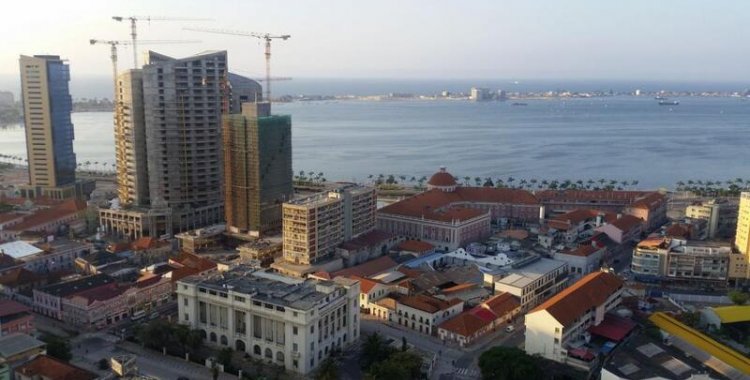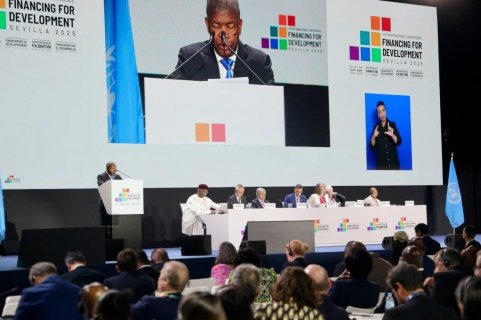"In contrast to most other countries, inflation in Angola is on a downward trajectory, mainly due to the strengthening of the local currency over the last year, which has eased the cost of imported goods", say analysts from Oxford Economics Africa in a commentary to the evolution of prices in this country that holds presidential elections next week.
"Based on the rise in oil revenues, the kwanza strengthened to around 430 kwanzas per dollar, which is almost 50 percent better than the value recorded 12 months ago", the analysts add in the note sent to Lusa, on which emphasize that the decision to cut VAT on some products gives an additional boost to consumers and the approximately 14 million voters who will choose their future President over the next five years next week.
The drop in inflation, to an average of 22.4 percent this year, forecast by this consultancy, is in line with a series of positive economic indicators for Angola, which managed to survive the drop in oil prices, even before the covid-19 pandemic, and the impact of the war in Ukraine, which, for this oil-producing country, had a very positive effect on public accounts due to the sharp rise in oil prices worldwide.
The expected growth, which takes place after five years of recession, should not be enough to cancel out the losses of recent years, and it is also insufficient to create wealth in the country, as population growth outstrips economic growth.
Several analyst reports, in fact, point to Angola as the main beneficiary of the rise in prices, causing production, despite being the largest in sub-Saharan Africa and even below the average of the middle of the last decade, to have had a huge effect on the coffers of State.
Production, in the first half, rose by just 3.3 percent, but revenues in the first six months of the year soared by more than 70 percent, to nearly 100 billion euros, according to the accounts of consultancy Oxford Economics Africa.
The appreciation of the kwanza, which was in free fall following the partial liberalization at the end of the last decade, sustained the significant change in the position of public debt, whose ratio vis-à-vis Gross Domestic Product has fallen to about half, now around 60 percent, well below the more than 100 percent recorded last year, when the International Monetary Fund (IMF) had one of the largest financial aid programs in progress in Africa, worth 4.5 billion dollars (between 2019 and 2021) that Angola fulfilled in an exemplary manner by most analysts.
The change in perspective on the part of international investors was also reflected in the return to financial markets this year, for the first time since the pandemic, and in the preparation of 'green debt' issues at the end of the year.
"The improvements in the rating given by Fitch and Standard & Poor's (S&P), as well as the US$1.75 billion issuance in April, for which demand was twice as much as supply, is a testament to the improvement in consumer confidence. investors in the evolution of Angolan debt", commented analysts from Oxford Economics in June, symbolizing the general opinion about the economy, which is expected to grow by more than two percent this year.
More than 14 million Angolans, including those residing abroad, are eligible to vote on 24 August, in what will be the fifth election in Angola's history.







